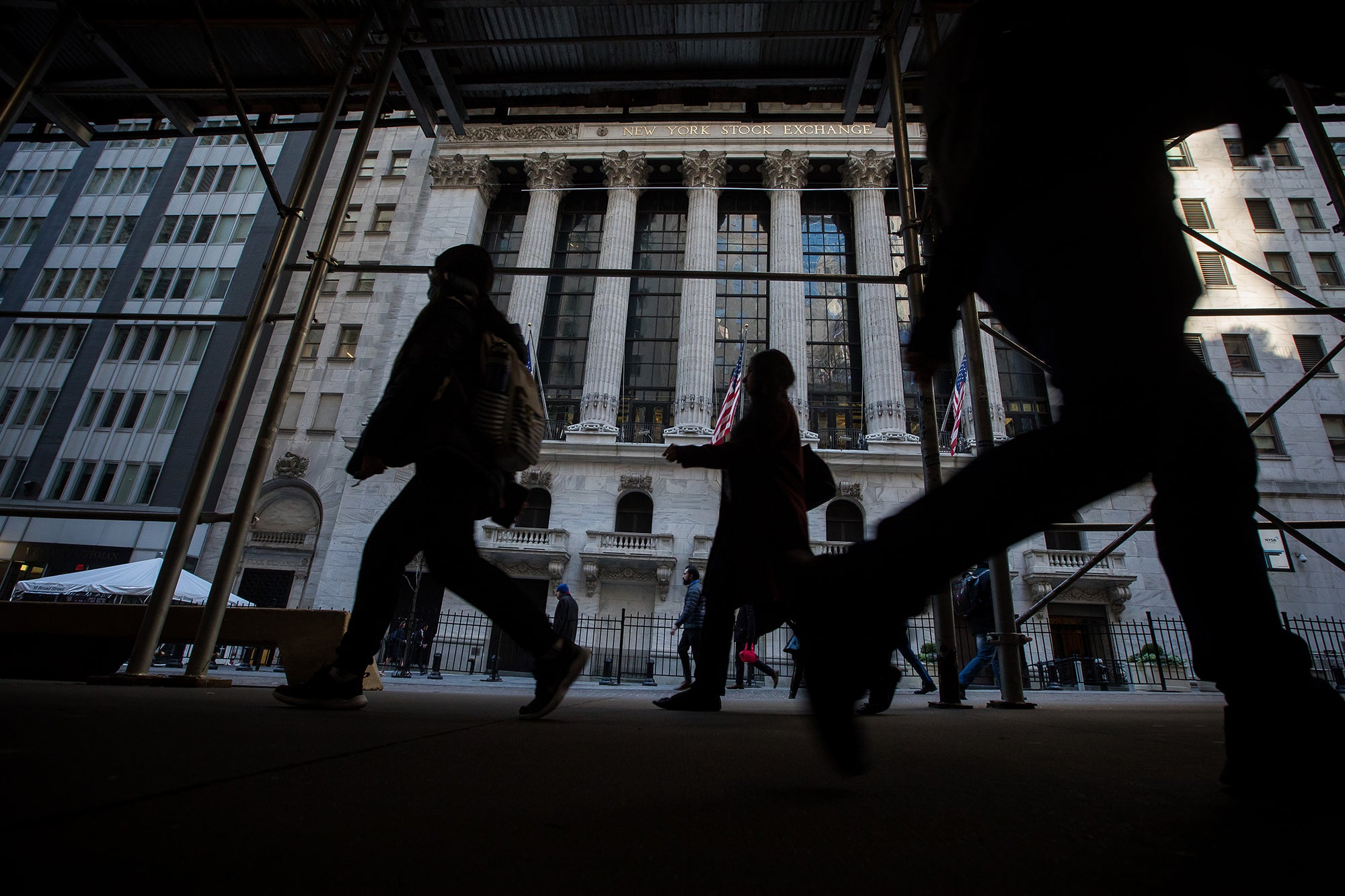Americans’ wealth slips further after massive loss in the spring
(CNN) — Americans’ wealth continued to slide in the third quarter as stock prices plunged over the summer — but many Americans still have a healthy financial cushion, compared to pre-pandemic times.
That’s according to data from the Federal Reserve released Friday, which showed that the net worth of households and nonprofit organizations dropped by $400 billion to $143.3 trillion in the third quarter. The value of households’ stocks declined by $1.9 trillion, while their real estate holdings increased in value by $700 billion.
The decline comes after their wealth plummeted more than $6 trillion in the second quarter, which was also driven primarily by a drop in stock prices. Federal Reserve data is not adjusted for inflation.
The third quarter was brutal for stocks. The S&P 500 index fell 5.3% during the period, though it has rebounded since then.
House prices, meanwhile, inched up by just 0.1% in the third quarter, compared to the prior quarter, according to the Federal Housing Finance Agency House Price Index.
Household debt grew by 6.3% in the third quarter at a seasonally adjusted annual rate, slower than in the prior quarter. Home mortgage debt increased 6.6%, while non-mortgage consumer credit jumped by 7.0% — a slower pace for both compared to the second quarter.
Healthy balance sheets
Despite the drop in wealth, the report shows that many middle class and upper-income Americans are in good shape financially, compared to pre-pandemic times, said Kathy Bostjancic, chief economist at Nationwide, an insurance and financial services firm. The net worth of households and nonprofit organizations is 7.7 times their disposable personal income, compared to 7 times in the final quarter of 2019.
That is allowing them to keep spending even though inflation has pushed up prices. And if the United States falls into a recession in the near future, this strong balance sheet should help prevent it from being a very deep downturn, she said.
The current slide in wealth is a notable turnaround from the robust gains that began in mid-2020, fueled by skyrocketing prices of homes and equities. Net worth hit a high of $150.1 trillion in the final quarter of last year but then declined for the past three consecutive quarters.
Even with the turbulent times on Wall Street and the slowdown in the real estate market this year, households and nonprofit groups have only lost about $7 trillion. That’s still far above the $110.8 trillion in the first quarter of 2020, when the start of the Covid-19 pandemic roiled equities and the economy.
“Despite all of the hysteria about the drop in the stock market, we really haven’t seen a huge impact on net worth,” Brian Bethune, economist at Boston College, said of this year’s decline.
Grim views on personal finances and the economy
Still, Americans are not happy about their financial situation. About half said it’s worse than it was a year ago, while around a third said they’re in about the same financial shape, a new CNN poll conducted by SSRS found. Only 16% said they are now better off.
In CNN’s December 2021 poll, only a third said their finances had worsened over the course of the previous year.
Some 93% of those responding to the recent survey said they are at least somewhat concerned by the current cost of living, including 63% who said they were very concerned.
Slightly over half said they believe the economy is continuing to worsen, while 30% said it has stabilized. Only 17% said economic conditions are getting better.



